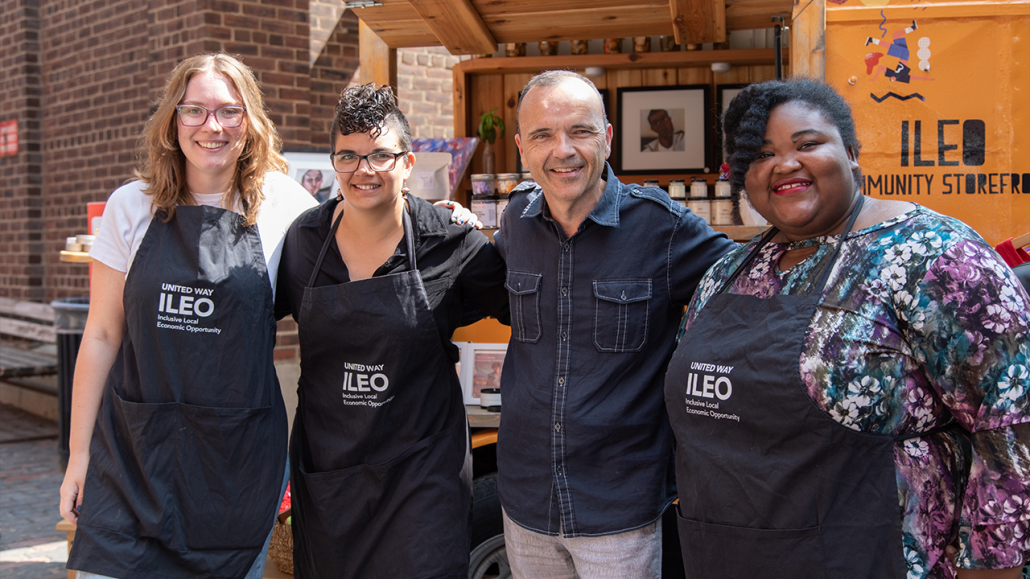
In this special edition of the newsletter, we highlight the Toronto Star special section that shares stories from the community about how we are building stronger, brighter neighbourhoods.
Dear Friend,
Across today’s GTA, poverty is cutting deep. You can see it, feel it. Friends depending on food banks despite working two jobs. Neighbours suddenly evicted with nowhere to go. First time callers flooding distress centres looking for help—or even just someone to talk to.
It’s a crisis unlike any I’ve seen. And one that United Way is working hard to address.
But I know that work isn’t always easy to see. That’s why United Way Greater Toronto has partnered with the Toronto Star on six articles that dig into the urgent issues challenging our neighbourhoods and the immediate response we are working to provide. The local solutions and long-term systemic change that we, unrelentingly, are steering towards.
Each story is a unique glimpse into our work on the ground and across the region. How our network of organizations is connecting 2SLGBTQ+ youth to mental health resources and asylum seekers to networks of support. How we’re letting community lead so we can invest more equitably in programs and services. How we’re working to ensure that rapid growth doesn’t compound and reinforce inequalities but instead strengthens and revitalizes our neighbourhoods.
Please, take a moment to read these stories straight from our community. And read my message about how, with the support of people like you, United Way plans to continue our vital work across the GTA.
Together, we will bring an end to poverty in our region. All we need is to stand united.
Always, and only, thank you.
Daniele Zanotti
President & CEO
United Way Greater Toronto
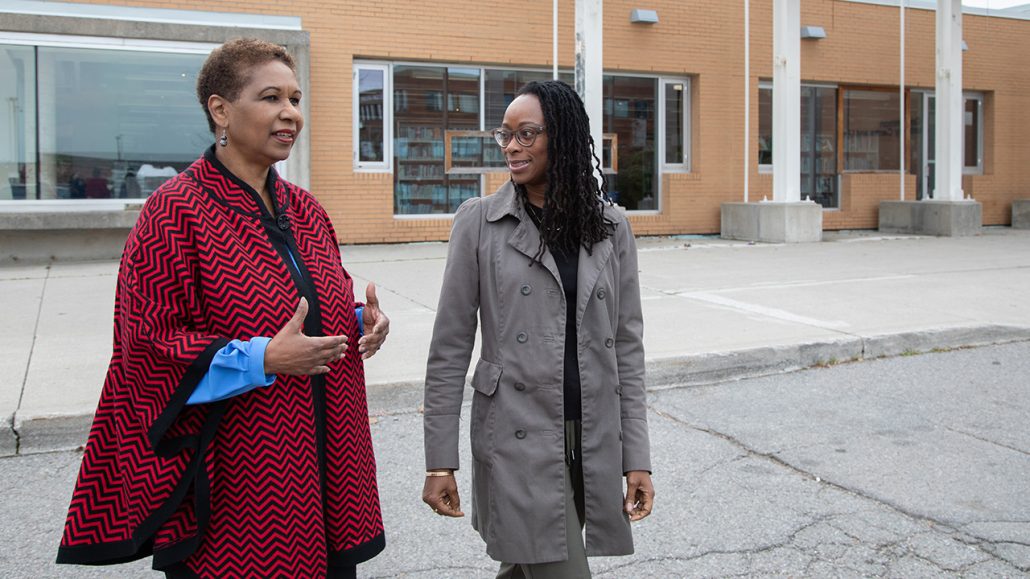
Ensuring equality across all communities
Institutional resources are not always fairly allocated, and the pandemic amplified these longstanding disparities. The Star spoke to Angela Carter from United Way-supported Roots Community Services and our Director of Community Investment, Adaoma Patterson, about how United Way is working to fill these funding gaps, ensuring local organizations have the resources and support they need to build capacity and meet the unique needs of the communities they serve.
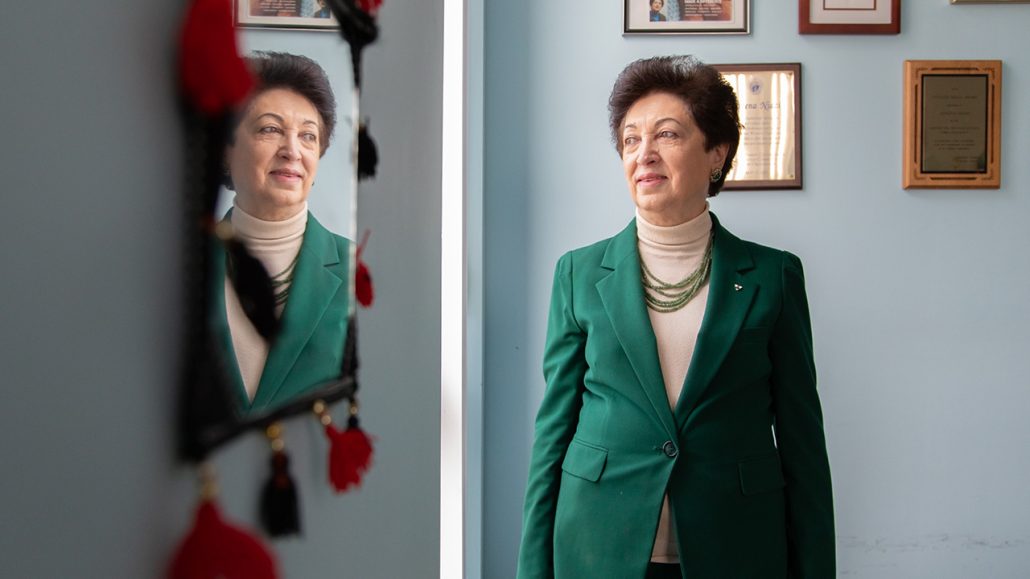
Filling the gaps for refugees and asylum seekers in the GTA
The challenges for refugees and newcomers run deep, from dealing with resettlement in an already inequitable housing market, to facing multiple barriers when applying their education and work experience to the marketplace. By funding a range of programs that meet the immediate needs of immigrants and refugees, as well as supporting programs with a focus on building community connections to enable longer-term integration and participation, United Way is working to ensure newcomers have what they need to thrive when they arrive in their new home.
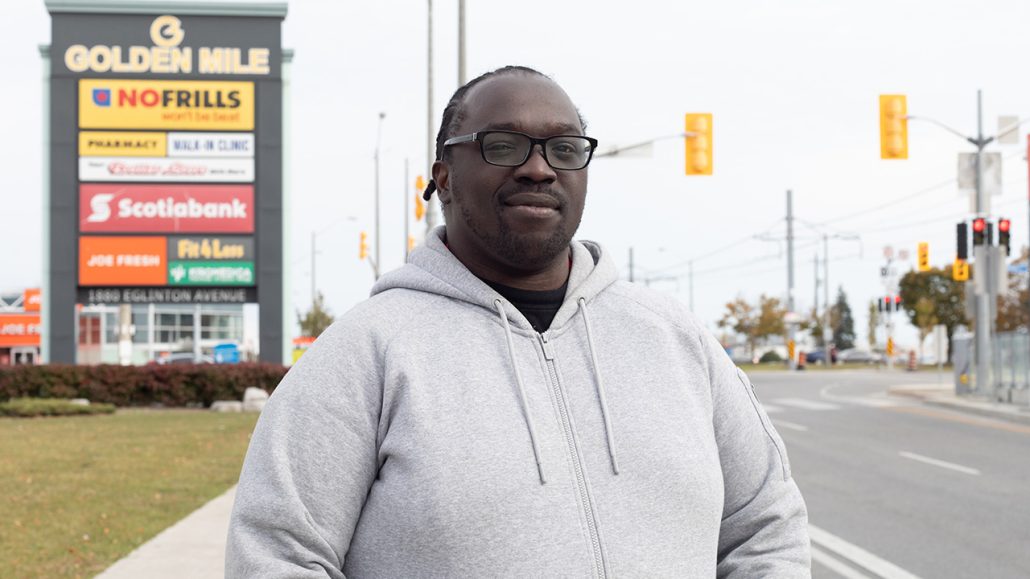
How the power of partnership is building neighbourhoods
When a neighbourhood is slated for major development, it often means residents will be pushed out by gentrification. This was the concern that led to the Inclusive Local Economic Opportunity (ILEO) initiative, convened by United Way and BMO, which brings together a myriad of stakeholders to ensure that future development in the Greater Golden Mile doesn’t displace residents and reinforce inequality. ILEO’s five projects are already connecting Golden Mile residents to jobs and opportunities—and the initiative is looking to expand into other neighbourhoods.
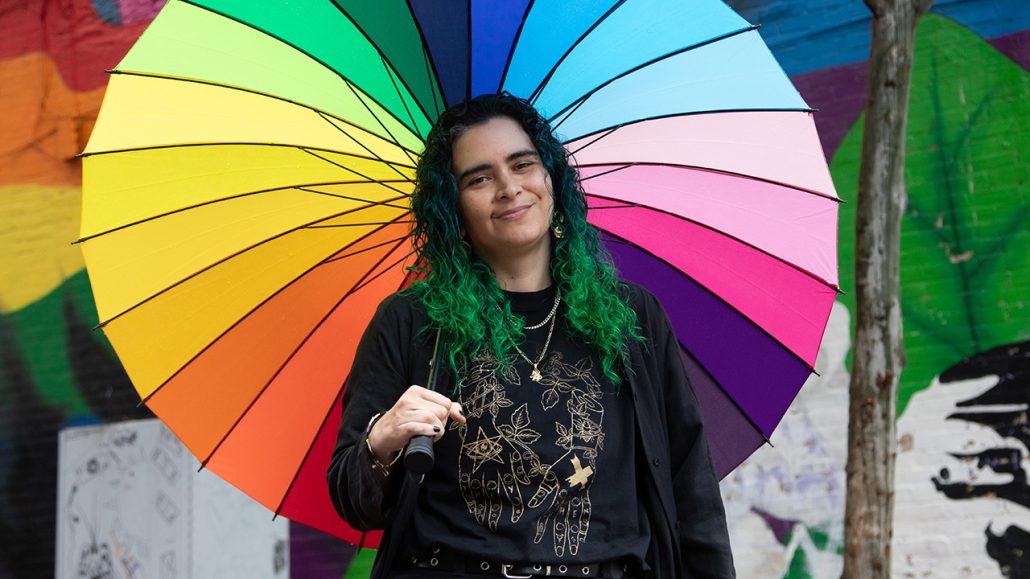
“Together we win, separated we fail”
Many members of the 2SLGBTQ+ community face challenges when it comes to finding safe spaces where sexual and gender orientation are respected and supported. That’s why United Way is partnering with local organizations to provide mental health supports and other resources to address poverty, unemployment and homelessness in the 2SLGBTQ+ community. Eli Carmona shares how one of these organizations has impacted their life.
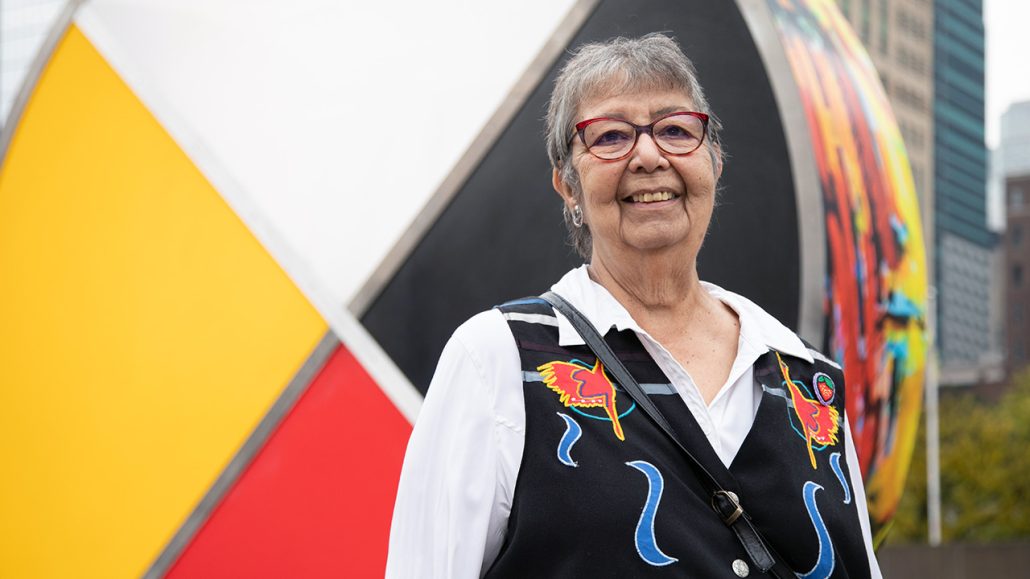
Allowing the community to decide for itself
After noticing that Indigenous community groups weren’t applying for funding, we reached out to community members and leaders to see what needed to change. Frances Sanderson, executive director of the non-profit Indigenous housing provider Nishnawbe Homes, proposed starting an Indigenous-led committee that develops programs and allocates United Way funding to Indigenous organizations. This unique partnership is already meeting urgent needs and developing big-picture initiatives, including a healing centre.
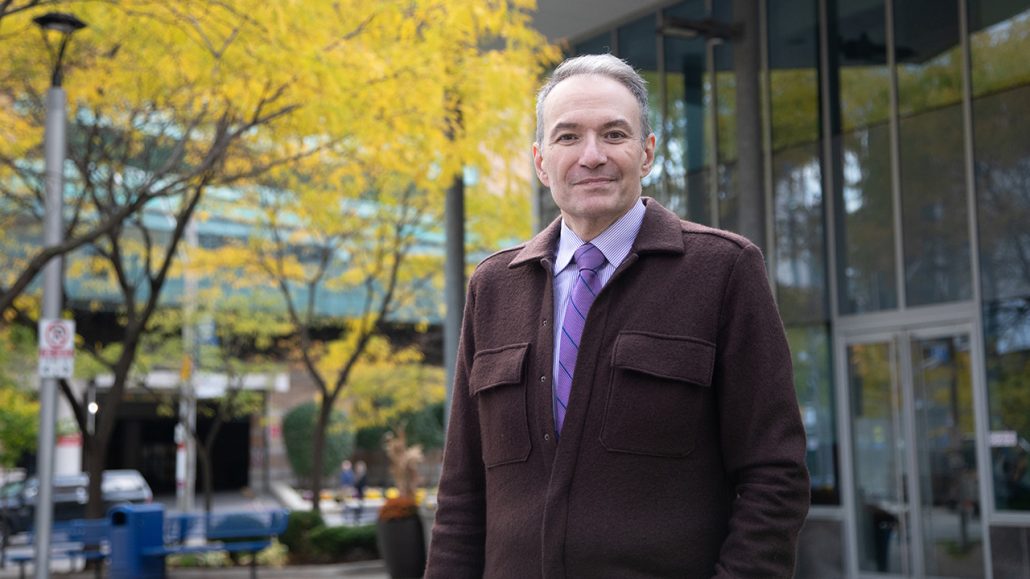
Finding homes for people who need them most
There are many non-medical factors that influence health outcomes, including having a place to call home. University Health Network’s (UHN) CEO Kevin Smith shares how United Way’s partnership with the City of Toronto and UHN is bringing a first-of-its kind supportive housing initiative to Parkdale that will provide much-needed housing to people with complex, chronic health conditions. The 50+ unit complex was designed with input from the community members that need it, ensuring that it not only provides housing, but also provides a welcoming home.